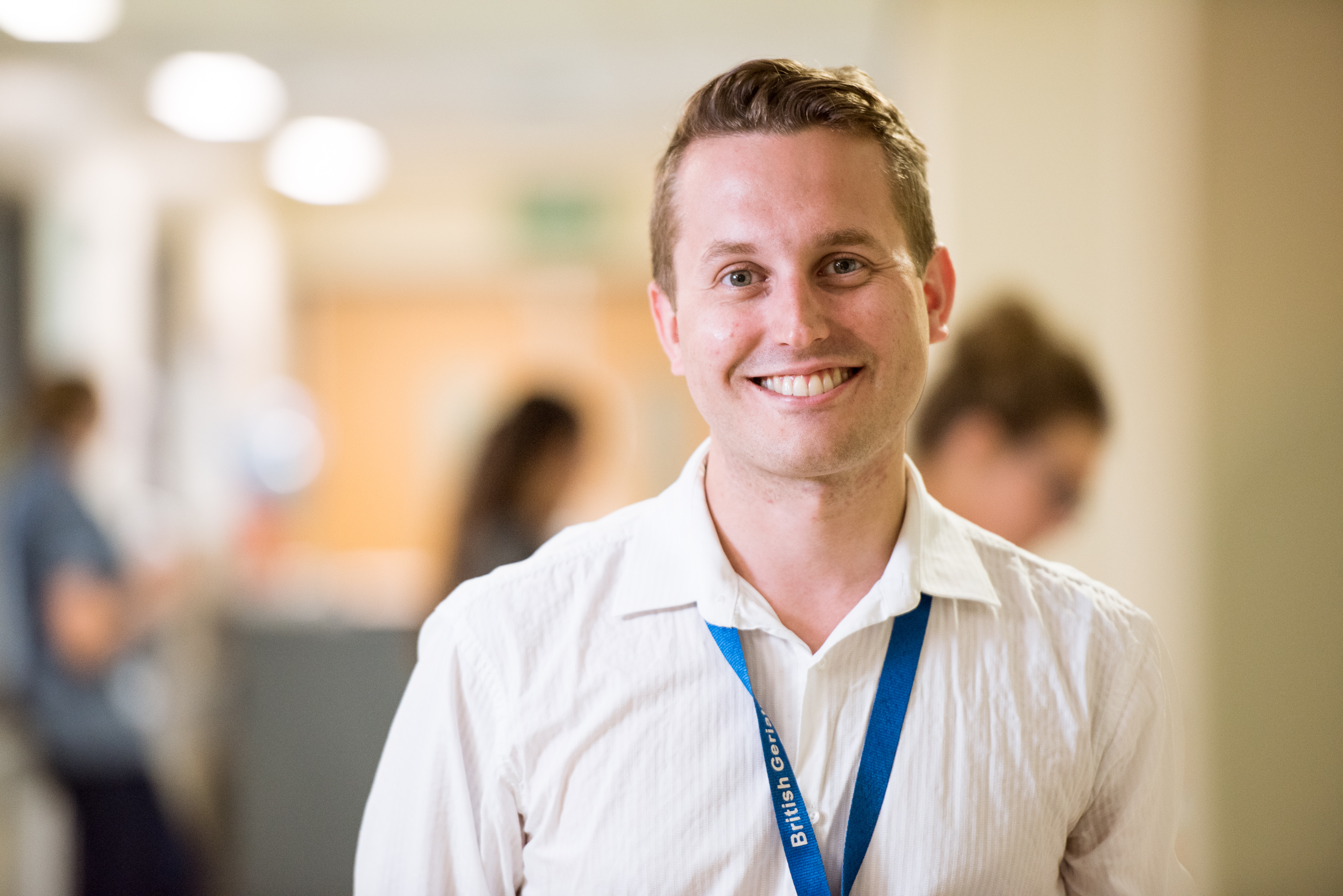Through the visor 2: Further learning from member experiences during COVID-19
This report is a follow-up of the BGS COVID-19 workforce report Through the visor: Reflecting on member experiences of the COVID-19 first wave. Like the first report, this follow-up was based on a survey of members on their experiences of working through the pandemic.
Foreword
When we published Through the visor in March 2021, we commented on the challenges that our members faced in the first wave of the COVID-19 pandemic, acknowledging that the report captured a specific point in time and that most people faced more challenging circumstances over the winter period. We heard in our first survey about the practical challenges faced during the pandemic including access to personal protective equipment (PPE) and COVID testing as well as the strain that the pandemic had placed on individuals’ emotional and mental health and that of their families.
It is heartening to hear from BGS members via our second survey that, for the most part, the practical aspects of the pandemic have been easier to manage and that the introduction of the COVID-19 vaccination programme has been well-handled and smooth. However, the impact of the pandemic on our members’ mental and emotional wellbeing has not lessened and we once again heard heartbreaking comments from our colleagues who have faced unimaginable working conditions and seen the pressures of the pandemic affect their families. Healthcare professionals who care for older people are exhausted, burnt out and experiencing stress and anxiety. We heard from several people who described increases in workplace bullying and a worrying number of colleagues suggested that they are considered leaving their profession, either taking early retirement or moving to non-clinical roles.
Healthcare professionals who care for older people are exhausted, burnt out and experiencing stress and anxiety."
There has long been a crisis within the health and social care workforce and we have known for a long time that we are not training enough specialists in older people’s care. We can ill afford for colleagues to leave the profession now, worsening the crisis. It is essential that the mental health of the workforce is taken seriously and that healthcare professionals are supported to come to terms with what they have faced over the last year, so that they can return refreshed to doing what they are best at – providing exemplary care for our ageing population.
While many people enjoy a healthy old age, the demand for health and social care services for those over 65 continues to grow. The pandemic has highlighted the importance of ensuring we have the right workforce, suitably equipped with skills and knowledge to support the older population’s health needs. It is essential that steps are taken now to recruit and train more specialists in older people’s healthcare across the multidisciplinary team and to ensure that the entire healthcare workforce, including specialists in other disciplines, have a good understanding of frailty, multi-morbidity and cognitive impairments. Investment must also be made in providing care in the community closer to home, improving quality of life for older people, and preventing escalation of dependency, saving money in the long-term.
We are proud of each and every one of our members. They have gone above and beyond the call of duty during the pandemic, working through the biggest public health crisis in the NHS’s history with professionalism and compassion for the older people they serve. We thank them for their commitment.
|
Dr Jennifer Burns |
Dr Claire Copeland |
|
BGS President |
BGS Vice President for Workforce |
Executive summary
In March 2021, the British Geriatrics Society published Through the visor, the results of a survey of our members about their experiences of working through the first wave of the COVID-19 pandemic. However, this survey was conducted in autumn 2020 and we recognised that in winter 2020/21 many, if not all, of our members went on to experience more challenging circumstances than they did in the first wave. We set out to repeat the survey in order to understand how our members’ experiences had changed through the winter and whether they faced the same challenges as they did in the first wave of the pandemic.
I have always loved my job [but] in the last few months I have thought frequently about giving up medicine... I hope the joy returns."
- Consultant, Scotland
Dear God, don’t let it happen again. I don’t know if I can do that all again."
- Speciality doctor, England
Introduction
Winter 2020/21 was an extraordinary time for older people’s healthcare in the UK. Having been pushed to their limits by the first wave of the COVID-19 pandemic, as detailed in our Through the visor report, for BGS members the winter brought even more challenging working conditions. We conducted this survey in early spring 2021 to try to understand the impact of the pandemic over winter.
About our respondents
We received 174 responses from across the UK and Ireland. This is a significant decrease from our last survey which attracted 425 responses.
Results and analysis
To read the results and analysis of the survey, including direct quotes supplied by BGS members as well as updates and actions from BGS, please download the PDF of the report here.









